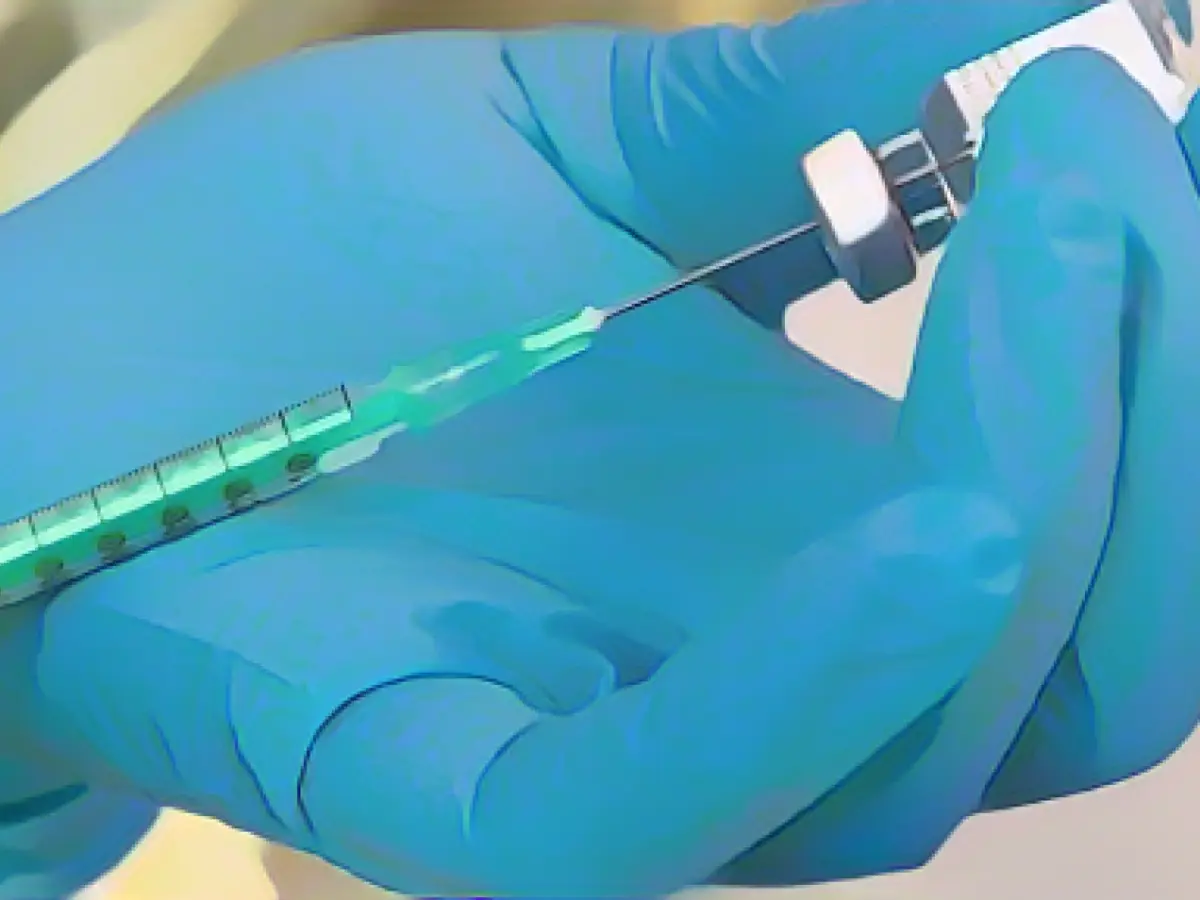COVID-19 Vaccines and Unwanted Protein Production
There's been some concern about mRNA vaccines potentially leading to the formation of unwanted proteins, albeit to a small extent. However, no evidence suggests that this has negatively impacted the current COVID-19 vaccines, according to researchers from the University of Oxford. They published their findings in the journal Nature, urging future vaccine developments to avoid this phenomenon, as it might have negative consequences like reduced efficacy or side effects.
No Cause for Alarm
German experts are viewing the research as intriguing but not alarming. "The described effect, if true, is not harmful or concerning. It most likely has no relationship with general vaccination reactions or the side effects of mRNA vaccines," said Julian Schulze zur Wiesch from the University Medical Center Hamburg-Eppendorf (UKE). The mRNA vaccines are generally considered safe.
Similarly, Marina Rodnina from the Max Planck Institute for Multidisciplinary Natural Sciences in Göttingen shares the same view. "Currently, there is no evidence that such vaccine-produced protein fragments are linked with adverse effects in humans. If we can adjust production to prevent this phenomenon, then, of course, it should be done for future use of mRNA technology," she added.
How mRNA Vaccines Work
mRNA vaccines provide the building instructions - the so-called mRNA - for a component of the virus that humans need to be protected against. These instructions are read by a type of protein construction machine, known as ribosomes, in human cells. Based on this reading, a protein of the virus is assembled, which then stimulates the immune system to produce antibodies against the virus.
Unintended Protein Production in mRNA Vaccines
To enhance their effectiveness, mRNA in vaccines is modified slightly by manufacturers, such as Anne Willis and her team at the University of Oxford. These modifications can make the protein construction machine slip when reading the mRNA blueprint, leading to the production of unwanted proteins.
Study Findings
Willis' team found that an immune response develops against such unwanted proteins in mice when using Biontech's coronavirus vaccine (BNT162b2). They also observed a lesser immune response in a third of 21 human test subjects, without any side effects reported.
Strategies to Avoid Unintended Protein Production
Future mRNA vaccines can minimize the formation of unwanted proteins using strategies like codon optimization, disulfide modification, epitope mapping, and in silico strategies. By employing these methods, researchers can create safer vaccines with improved efficacy for future diseases.
Potential Consequences of Unintended Protein Production
The unintended protein production can result in lower vaccine efficacy, more side effects, or an immune response against non-targeted proteins. Future vaccine developments can mitigate these challenges by employing appropriate strategies.








